Every country has its own particular way of thinking about the world. One of my favourite countries is the Netherlands. However, I think it is unfair how the Dutch are famously touted as ‘cheap’. Yes a ‘Dutch Treat’ means you are going to have pay half. And a ‘Dutch Auction’ only collects one bid as the price decreases to the maximise the value for the seller. These things do provide insight into how the Dutch action their relationship to money. But there is much more to Dutch culture and psychology: they are also wonderful innovators. If you are aware of big Dutch firms like Philips, Sell and KLM, you probably understand innovation operates in the Netherlands on a grand scale. In contrast, here are four low cost Dutch innovations you might not have heard of yet. All four change customer experiences to really cut through. Each innovation applies to a different stage of the typical customer journey (search, delivery, use, share).
Search Stage Innovation
Bidroom collects stay location and dates from travelers so hotels can bid for their business within 24 hours. The membership-based platform shares bids between hotels to prompt price competition for the guest, who must also respond inside 24 hours. But the value for the customer is that Bidroom takes no commission. Compared to other online booking sites, this is a saving of between 18% and 25% for each transaction. There are more than 10,000 hotels on Bidroom and it is growing. Time will tell if this low price, longer transaction will disrupt the likes of Booking.com and Hotels.com. The possibility of having hotels bid for my business to save me money is very attractive.
Delivery Stage Innovation
Vanmoof has been making and selling bikes valued up to $US3,000 since 2009. Most of its US sales are online, and the firm has to use couriers to deliver to those international customers. They were suffering heavy losses because 25% their bikes were damaged during shipping. Issues ranged from small scratches to catastrophic damage. Conversations with shipping companies didn’t fix the issue. Their novel approach to the solving the problem was to change the packaging images. After they made the box look like it contained a flat screen TV, damages dropped by more than 80%. Customer complaints and replacements dropped too, saving the firm a fortune.
Use Stage Innovation
In the early 1990s Aad Kieboom implemented Jos van Bedaf’s idea to reduce cleaning costs at Schiphol Airport. They put an image of a fly into men’s urinals. Users are attracted to try and dislodge the fly when peeing. The target improves aim so much spillage is reduced by 50%-80% to cut cleaning costs by almost 10%. Very Dutch. American Standard supplies the toilets to the airport. They believe a fly is the right choice because of the emotional reaction it drives. A lady bug or butterfly might not attract any targeting. A spider or cockroach might be too much. But a fly seems just right to prompt men to pee on it. And studying this resulted in Richard Thaler winning the 2017 Nobel Prize for economics. Since then, urinal flies have begun showing up in restrooms all over the world. If you have ever experienced the horror of wet floor in a public restroom, you know how critical this innovation is.
Share Stage Innovation
Holland was a farming powerhouse in the 16th century. They grew purple, yellow and orange carrots for export to the rest of Europe. It turns out orange carrots were better suited to the mild, wet weather in the Netherlands. Ultimately, Dutch merchants were so successful selling them to France, Germany and England, they became the norm. They were later used by Dutch authorities to support the colour of Holland. This seems to explain the fabled connection between orange carrots and William of Orange (a leader in the Dutch revolt against Spain in 1566). It took 80 years for the self-governing Dutch Republic to be formally recognised as independent of Spain. During this time Dutch carrot farmers grew the new orange carrots in honor of William of Orange, and to show support for their nation’s claim to independence. Over time as the orange colour became part of the national brand, carrots became a cheap way to show patriotism.
Think you want to try going Dutch?
Frugal innovation is a great way to think through solving problems inside your organisation. Maybe you don’t identify with the Dutch way of doing things, or maybe you do. Either way, you have to love more for less. These four innovations turn out to be relatively cheap but remarkably effective because they solve important challenges in the customer journey of each company.
Robert Dew is a Founding Partner at CapFeather Global with more than 2o years of corporate consulting and university lecturing in Innovation, Customer Strategy and Customer Experience. His PhD related to improving creativity in strong corporate governance environments. He was a visiting professor for MBAs in Utrecht for NIMBAS (now part of the TIAS School for Business and Society) for more than a decade. As a result he has joyfully experienced Dutch culture personally. This includes the relaxation of public urination laws during King’s and Queen’s Day celebrations.





